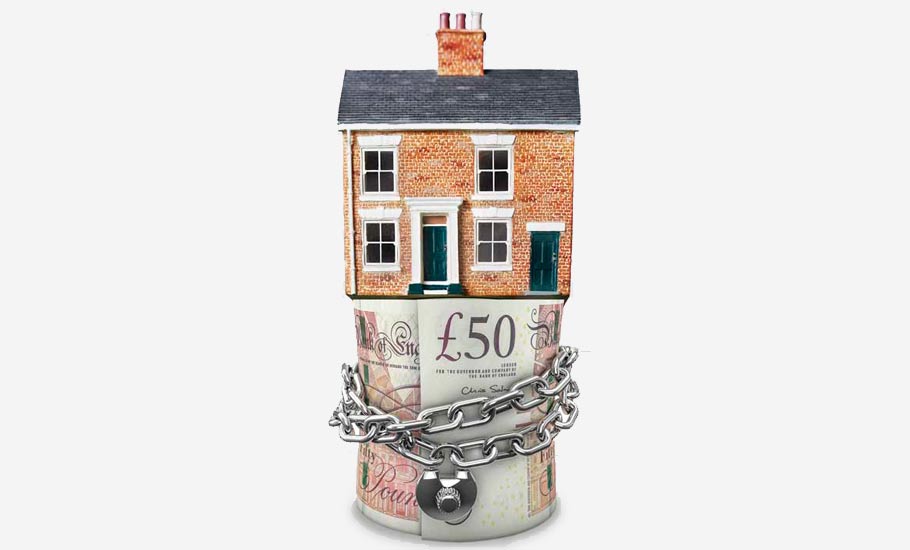Lasting Power of Attorney
Thinking and talking about your faculties fading is an uncomfortable topic of conversation for most. However, it is important to consider if you develop difficulties that mean you can’t make decisions for yourself anymore, who would you want to manage your finances and be your voice when it comes to making health care decisions?
Why do I need a Lasting Power of Attorney?
There are two types of Lasting Power of Attorney.
Without a valid Lasting Power of Attorney, should a person lose mental capacity due to an accident or illness such as Alzheimer’s or a Stroke, the Court of Protection via the Office of the Public Guardian will take control to protect them from themselves and the unscrupulous.
With a Lasting Power of Attorney you decide who takes control of your affairs.
Health & Welfare Lasting Power of Attorney

A Health and Welfare Lasting Power of Attorney can be made to give your attorney the right to make personal welfare and medical treatment decisions on your behalf if at some time in the future you are unable to make those decisions yourself. A Health and Welfare Lasting Power of Attorney can only be used when it has been registered and the donor has lost capacity (the ability to handle their own affairs).
Property & Financial Lasting Power of Attorney

A Property and Financial Affairs Lasting Power of Attorney can be made to give your attorney the right to make financial decisions, such as managing your bank account. Once registered, a Property and Financial Affairs Lasting Power of Attorney can be used while the donor still has capacity, unless the Lasting Power of Attorney specifies otherwise.
How does it work?
A Lasting Power of Attorney (LPA) is a powerful legal document that gives another adult the legal authority to make certain decisions for you, if you become unable to make them yourself. The person who you give this authority is known as an ‘attorney’. They can manage your finances and make decisions relating to your health and welfare.
When should I set it up?
You can only set up a Lasting Power of Attorney when you have mental capacity. Once you’ve lost capacity, it’s too late.
It is very sensible and responsible to do this whilst you are in good health if you want to avoid the possibility of huge financial and legal complications. Waiting until after your health has deteriorated will limit your or prevent and your family’s options dramatically.
When can I use it?
Once a Lasting Power of Attorney has been registered and the documentation received, it can be used at any time only with your permission or if you have lost mental capacity.
“You are not losing your independence by creating a Lasting Power of Attorney.”
What if I do nothing?
If you lost mental capacity without an LPA in place an application would need to be made to the Court for a family member or loved one to become a Deputy before they could look after your property and financial affairs.
The costs associated with this process usually exceed £4,000 for an individual and much more if a solicitor is used, and can take more than six months.
Without an LPA Joint bank and building society accounts can be frozen by the court of protection having devastating consequences if the joint account holder relies on this account to pay their bills and mortgage.
The Heather Bateman Story
The video shown on BBC’s One Show gives a brief overview of the financial impact and emotional turmoil that was added to Heather Batemans awful situation with her husband being hit by a car. For the full story click here.
Without an LPA you can face great difficulties including losing control of the bank account in the name of the person who has lost capacity, this includes joint bank accounts!



